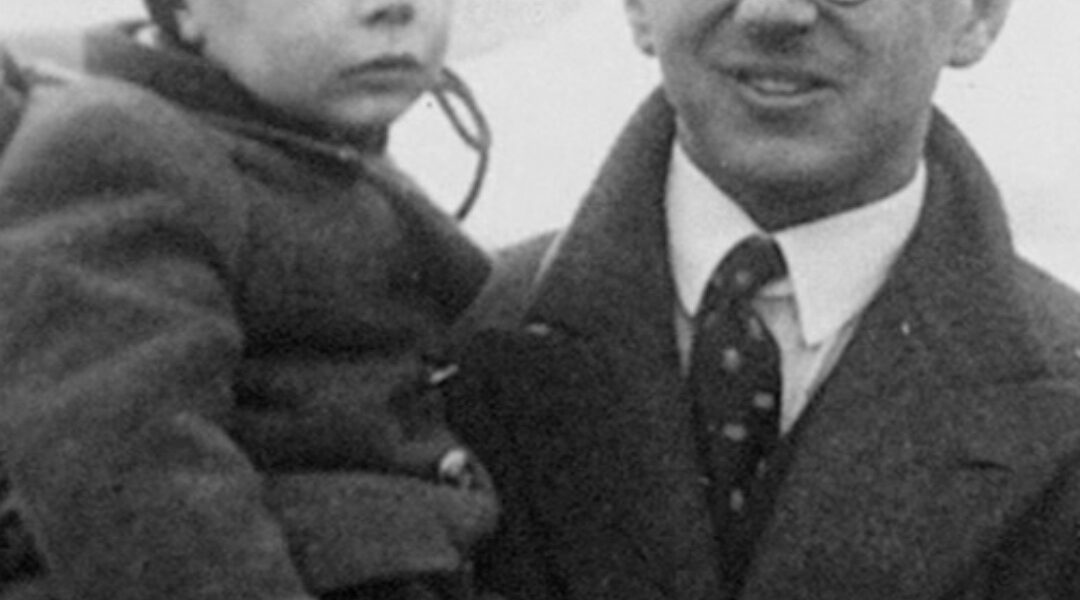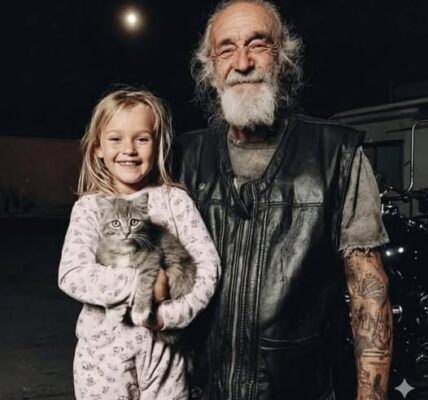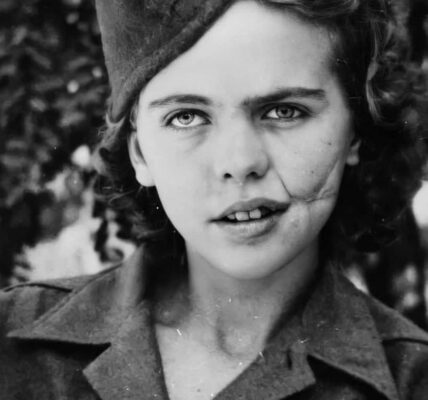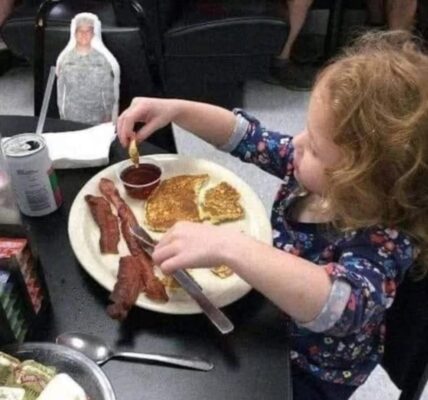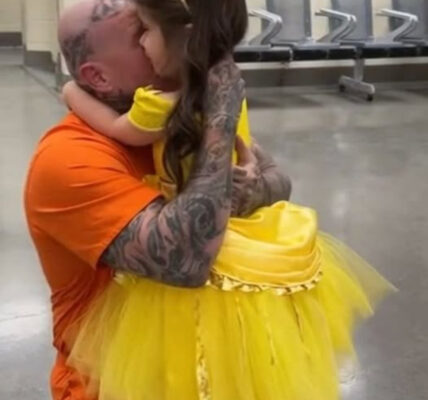The winter of 1938 settled over Europe like a gathering storm. Snow covered the rooftops, but beneath the cold, the world was warming toward catastrophe. Nazi Germany was tightening its grip, swallowing country after country, and in the heart of Czechoslovakia, fear walked openly through the streets.
It was into this world that a young London stockbroker named Nicholas Winton unexpectedly stepped.

He was 29, bright, ambitious, on the cusp of a promising career. He had been planning a simple ski holiday — a break from routine, nothing more. But when a friend urged him to visit Prague instead, telling him, “There is something you need to see,” he agreed.
Perhaps he thought he would be there for a few days.
Perhaps he believed he could return home untouched.
But once he arrived, everything changed.
Prague was overflowing with refugees — Jewish families who had fled the Sudetenland after the Nazis marched in. Children huddled against their parents for warmth. Mothers whispered prayers. Fathers clutched documents that meant nothing anymore. Their eyes held only a single question: How do we save the ones we love?
Nicholas walked through the makeshift camps and saw faces full of fear. He saw children whose childhoods had disappeared overnight. And something inside him refused to look away.
He had no position of power.
No diplomatic authority.
No blueprint for what to do next.
But he had a table in a small hotel room.
A typewriter.
And a conscience that would not allow him to turn back.
So he stayed.
From that hotel room, he created what would become one of the quietest, bravest acts of heroism the world has ever known.
Nicholas wrote letters to embassies across Europe, pleading for permission to evacuate children. He negotiated with British officials, pushed through endless paperwork, and raised money to pay for train tickets and visas. He contacted churches, charities, strangers — anyone who might offer help.
Back in England, volunteers matched refugee children with foster families willing to take them in. Many had never met the children they agreed to receive; they simply believed that saving a life mattered more than anything else.
Nicholas kept a notebook, carefully recording every name, photograph, and scrap of information he could gather. He met parents one by one, listening to their fears as they asked the unthinkable:
to send their children away so they might survive.
And he made each parent a single promise —
“I will do everything I can.”
Between March and August 1939, eight trains rolled out of Czechoslovakia carrying hundreds of children toward safety.
Each child wore a small numbered tag.
Each carried a suitcase with only a few belongings.
Each held tight to the memory of a parent’s hand as the train pulled away.
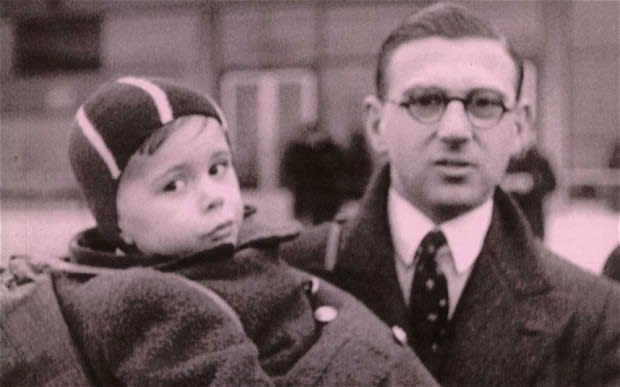
Witnesses later recalled those platforms — how mothers tried not to break down until the train began to move, how fathers stared fixedly at the tracks because looking at their children would shatter them. Some parents ran alongside the train until they collapsed. Others whispered goodbye through the windows, praying their children would live long enough to forgive them.
Nicholas was there for many of those departures. He watched, quietly, as the trains disappeared. He didn’t take credit. He didn’t take a photograph. He simply moved on to the next list of names.
A ninth train was scheduled for September 1, 1939, carrying another 250 children.
That same morning, Germany invaded Poland.
Britain declared war.
Borders closed like iron gates.
And the ninth train never left the station.
Nicholas later said, “Not a day goes by that I don’t think about the children who were not saved.”
When he returned to England, Nicholas tucked away the memories of Prague and went back to his work. He married, raised a family, and built a quiet life.
And he told no one.
Not his colleagues.
Not his friends.
Not even his wife, Grete.
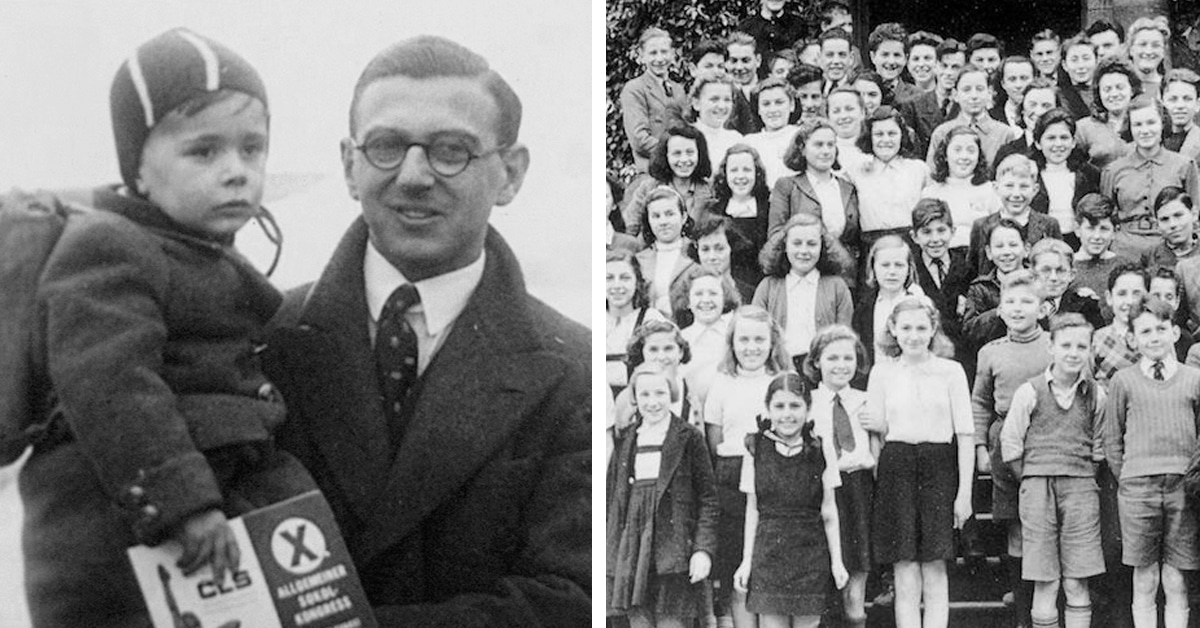
For nearly fifty years, his heroism slept in silence — hidden in a dusty scrapbook in their attic, the pages filled with photographs, transport documents, and letters from parents who had thanked him before disappearing into history.
In 1988, Grete found the scrapbook. Shocked by what she had uncovered, she shared it with a Holocaust historian, who brought the story to the attention of the BBC.
And so, one evening, Nicholas — now an elderly man with snowy white hair and gentle eyes — was invited to appear on the television show That’s Life!
He sat quietly in the front row as the host began to speak.
“Tonight,” she said, “we want to introduce you to a man who saved the lives of hundreds of children on the eve of World War II…”
Nicholas stared, bewildered.
Then she read from his scrapbook.
Showed the photographs.
Listed the 669 children he helped rescue.
He blinked slowly, unsure why he was being honored for something he saw simply as the right thing to do.
Then the host asked,
“Is there anyone in tonight’s audience who owes their life to Nicholas Winton?”
Around him, chairs shuffled.
People rose, row by row — dozens of grown men and women, now in their fifties and sixties.
They had been the children with numbered tags.
The children who boarded the trains.
The children whose parents had whispered goodbye.
Nicholas turned in his seat, staring at them in disbelief as applause swelled around him. His lips trembled. Tears filled his eyes. He had saved hundreds of lives — and had never known what became of them.
That moment, captured on camera, remains one of the most emotional scenes ever broadcast.
He was knighted in 2003, becoming Sir Nicholas Winton, but even then he never allowed the title to rest heavily on his shoulders.
“I don’t consider myself a hero,” he said.
“I only saw people who needed help.
If something is not impossible, then there must be a way to do it.”
Nicholas Winton died peacefully in 2015, at the age of 106. By then, the 669 children he saved had grown into thousands of descendants — generations of families who exist today because one young man refused to turn away in a dark time.
He changed the world quietly, without seeking praise, without expecting gratitude.
His legacy reminds us that heroism doesn’t always involve loud speeches or shining medals.
Sometimes it is a young man with a typewriter in a hotel room.
Sometimes it is a hand reaching out across fear.
Sometimes it is a promise made to desperate parents.
And sometimes, the greatest heroes are the ones who do their work in silence —
driven not by recognition,
but by compassion.
